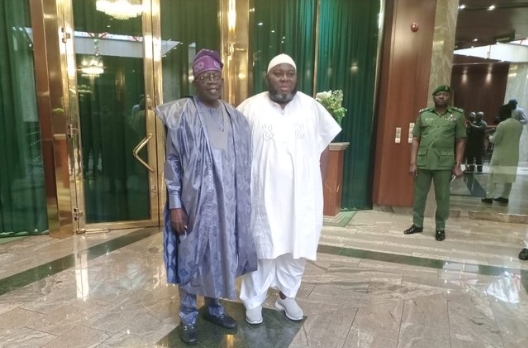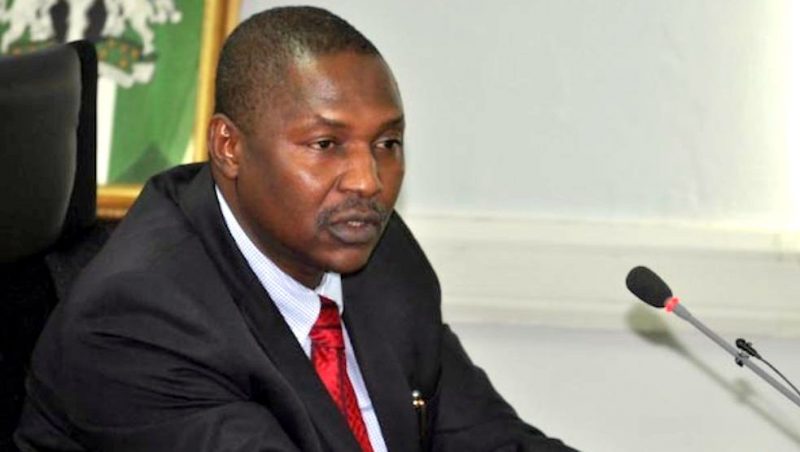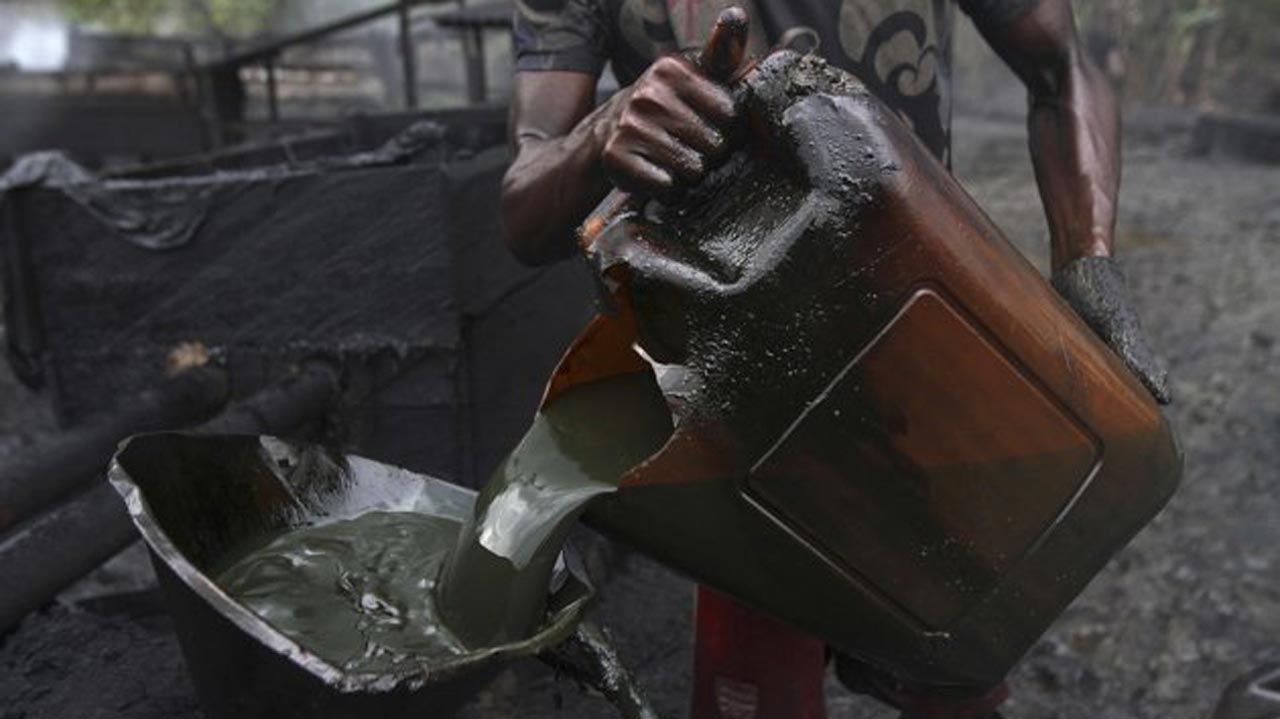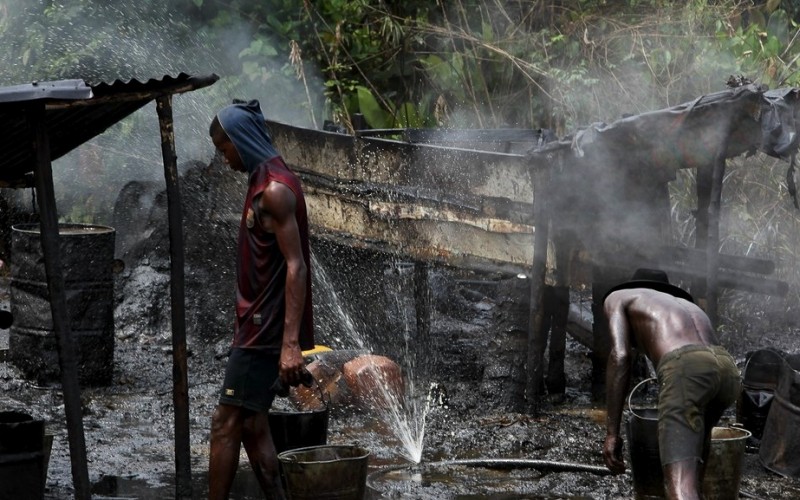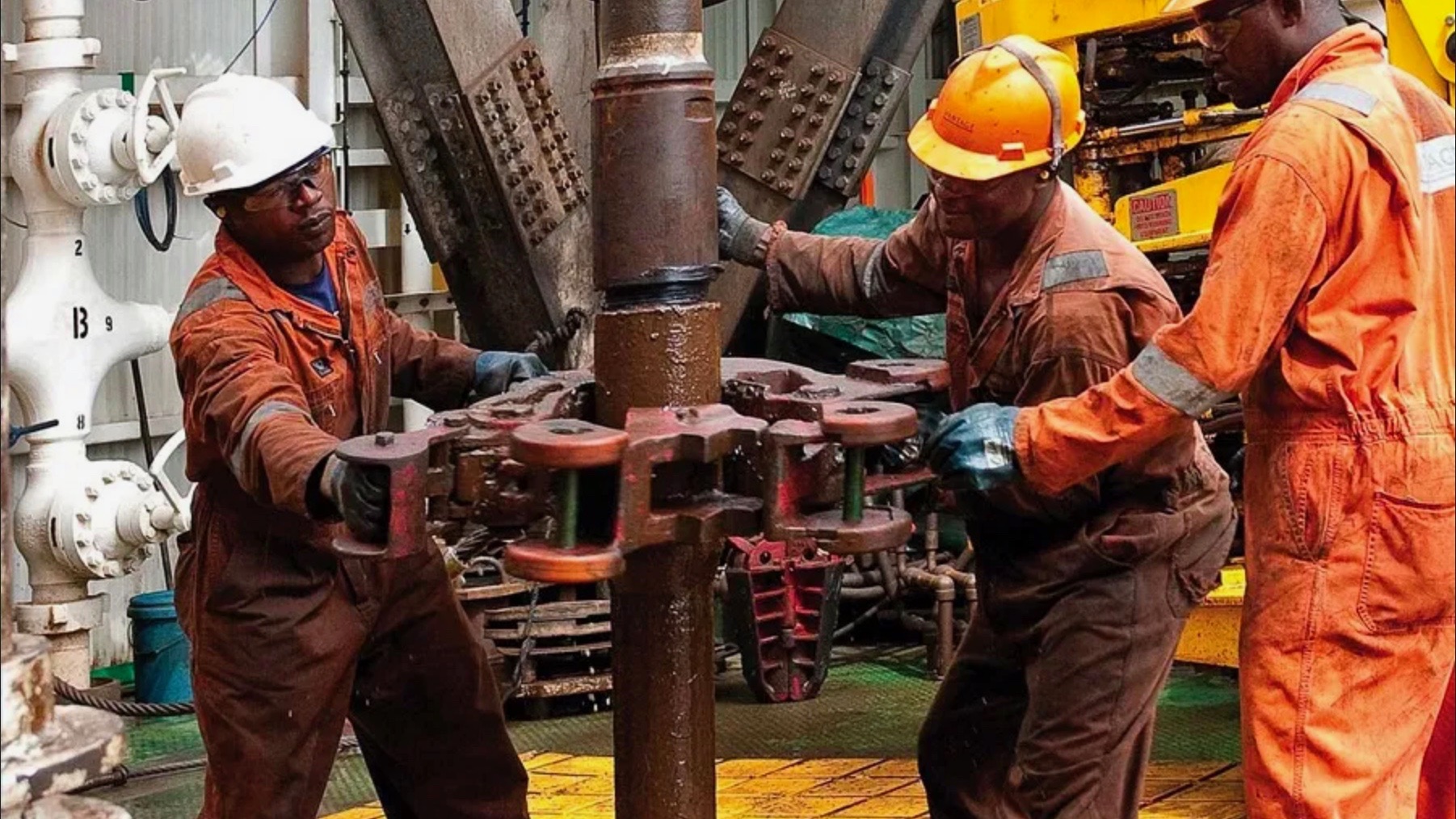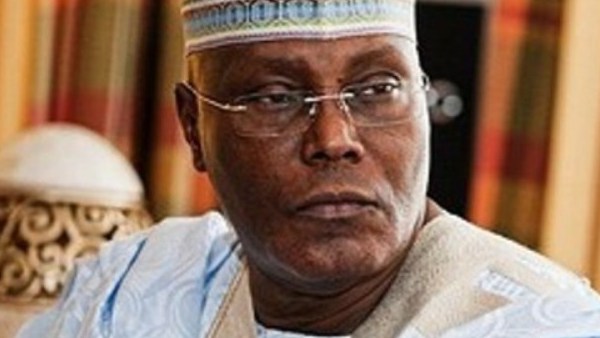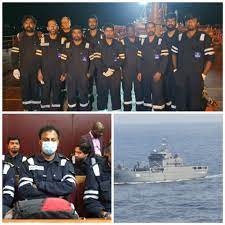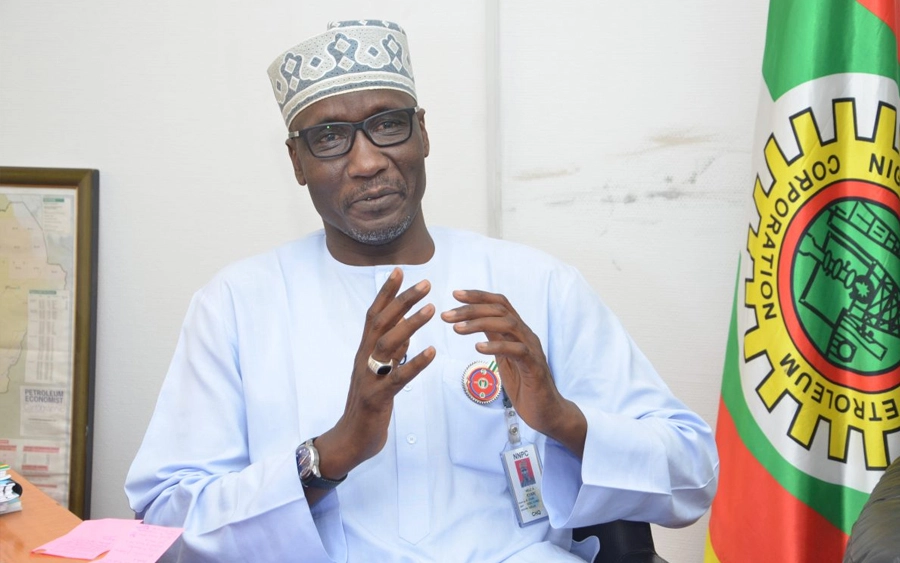In a meeting with President Bola Tinubu on Friday, the Leader of the Niger Delta Peoples Volunteer Force (NDPVF) Asari Dokubo, pledged his commitment to ensuring the success of the new administration, particularly in combating oil theft in the Niger Delta region.
Speaking with the media after the meeting at the presidential villa, Dokubo emphasized his determination to put an end to oil theft, stating, “I will stake everything to make ‘my father’ succeed. That is a promise I have given to myself and him. Oil theft would be stopped. There would be zero oil theft in the Niger-Delta.”
It would be recalled that last November, Dokubo revealed that the individuals funding this illicit activity in the Niger-Delta were not from the region.
He asserted that those complicit in the act from the region are being financially supported, in most cases, by outsiders and represent a negligible portion of the population.
The Niger-Delta leader further disclosed that a significant amount of stolen oil was being transported to neighbouring countries such as Togo and Ghana, with the aid of high government officials.
“The people who bring these tankers are not Niger Deltans. If they are Niger Deltans, they would be so few, maybe those who have access to government and government money,” he said.
Dokubo went on to describe the elaborate process involved in stealing and transporting the stolen oil, highlighting the complex network and substantial financial resources required running into billions of US dollars.
Meanwhile, stakeholders from the Niger Delta region have sent a message to President Tinubu in response to his recent directive to “crush” oil thieves, urging him to approach the issue with care.
The second National Vice President of the Ijaw National Congress (INC) Nengi James, expressed concern over the involvement of top military officers and political figures in sponsoring illegal oil refining and crude oil theft.
James pointed out that the organised crime extends beyond the activities of local refineries and involves the ownership of vessels and the collaboration of the military.
He raised questions about the military’s presence in the Niger Delta region and their involvement in illegal activities.
The stakeholders emphasized the need for a comprehensive approach to address the issue, urging the authorities to tackle the involvement of high-ranking military officials and political elites rather than solely focusing on surveillance and blaming local communities.
